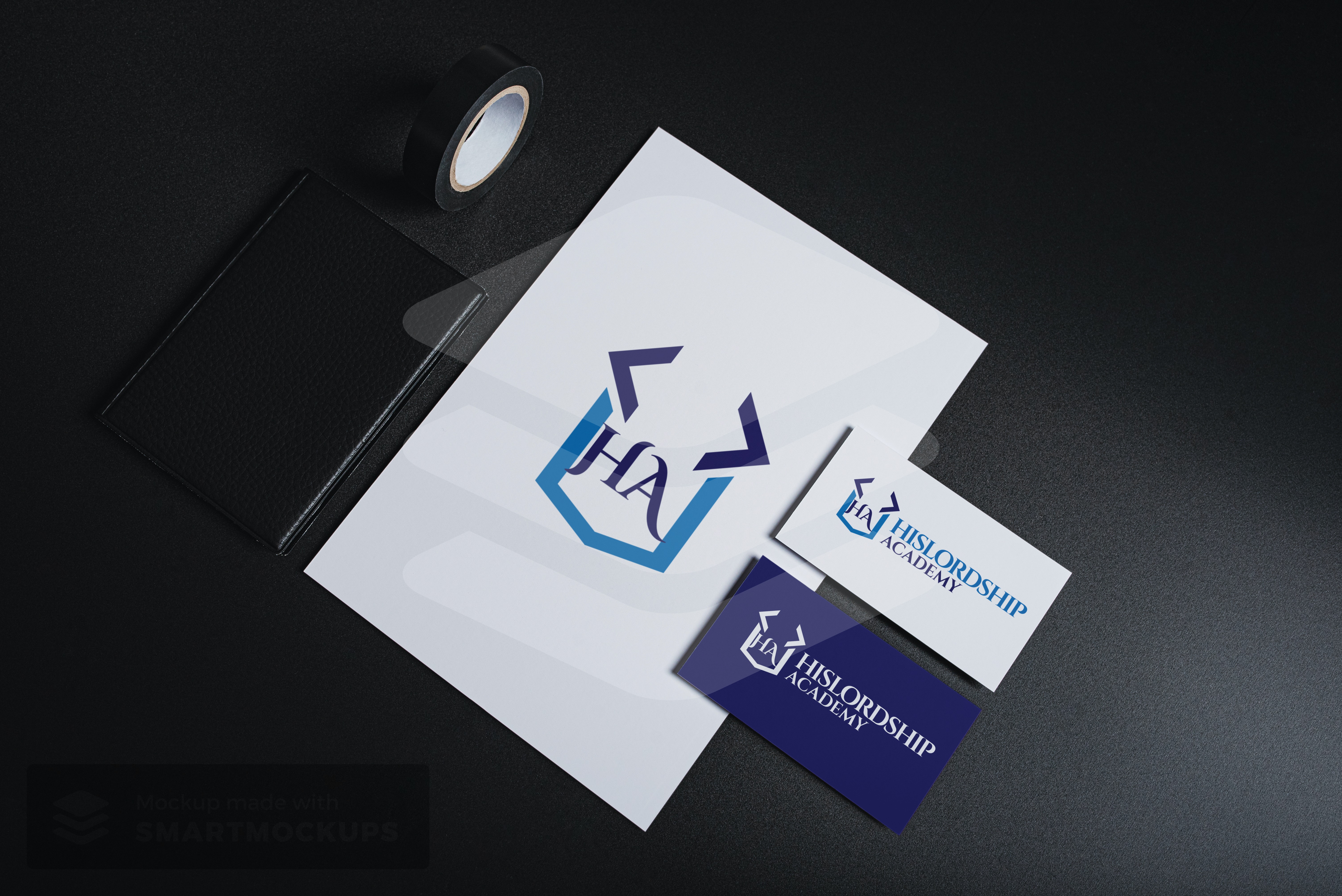

Hislordship
Latest From Singapore
While interviewing for a job at Chinese tech giant Tencent, a now-former employee asked if he would be expected to use Mandarin at work in the Singapore office.
He was satisfied with the answer that a mix of Mandarin and English would be required. He accepted the position.
But the reality was different — Mandarin was used in the office very frequently, the former employee said. The man, a Singaporean, ended up leaving Tencent because of difficulty communicating.
“If I need to spend so much time trying to understand things, I’m going to be very inefficient,” he said, adding that a person who’s better with Mandarin “is probably a better fit.”
Chinese tech companies are expanding their offices around the world, including in Southeast Asia.
As they post openings overseas, more people are wondering what it’s like to work for them. which is owned by China’s ByteDance, after encountering stories about an intense work environment there.
Those people cited fears of the so-called “996” work culture practiced by some companies in China, which requires employees to work from 9 a.m. to 9 p.m., six days a week. A TikTok spokesperson told CNBC in May of this year that “we absolutely do not have ’996′ policies.”
CNBC interviewed 10 current and former employees of Chinese tech firms to ask what work life is like in those companies’ Singapore offices. Most requested anonymity owing to fear of repercussions or because they do not have permission to speak to the media.
watch now
VIDEO07:58
What is ByteDance?
Their stories varied a great deal according to the company, the role and the individual.
Four former or current Huawei employees told CNBC that colleagues from China often napped in the office during lunch breaks, as is common in Chinese office culture. Now that people mostly work from home, two of them said, employees log on to a video call every morning. They said they believe the purpose of the call is so they can show that they are ready for work at 9 a.m. and to discuss plans for the day. They added that their managers take a screen shot of everyone in the call.
But individuals who spoke to CNBC didn’t exclusively describe work cultures that are rigid or difficult. Three people who have worked at ByteDance or Tencent described a hierarchy at those companies that was “flat,” with little emphasis on titles or positions. One ByteDance employee said he can speak to a vice president in the company freely, something he doesn’t think is typical at other firms.
ByteDance declined to comment for this report.
But three things came up repeatedly in conversations with workers and former workers from Huawei, Tencent and one Tencent subsidiary: a heavy reliance on Mandarin, the use of fixed-term contracts, and work outside normal business hours.
The hiring process at Tencent took place in English, but almost “everything” else was in Mandarin at Tencent’s Singapore office, according to the former employee who left the company because of the language barrier.
Even documents essential to his work were in Mandarin, and his command of the language is “average,” he told CNBC.
but most major businesses in Singapore operate in English.
The individual pointed out that Tencent’s presence in Singapore is “quite new,” and he speculated that the company may not have had time to “localize” yet. The gaming and social media company
As was the case with difficulties in work culture, difficulties with language weren’t reported by all the employees and former employees who spoke to CNBC. Some said they had encountered no problems.
“If you prefer English, [colleagues from China] can speak in English too,” said a current Huawei employee. “We try to meet in the middle.”
The current ByteDance employee who described the company’s hierarchy as “flat” said that when it comes to language, there’s “no barrier,” since colleagues in China can speak English.
Tencent recently announced internally that it intends to shift toward using English in the international team, said one employee. She said she expects that move to take time, because most of the systems and documents are currently in Mandarin.
Patricia Teo, executive director of technology practice at recruitment company Kerry Consulting, said much of the day-to-day work at Chinese tech firms is likely to involve heavy interaction with China-based teams.
Hislordship
Hislordship is a young talented young man who seeks to explore more in this tech industry. Currently React and Django developer